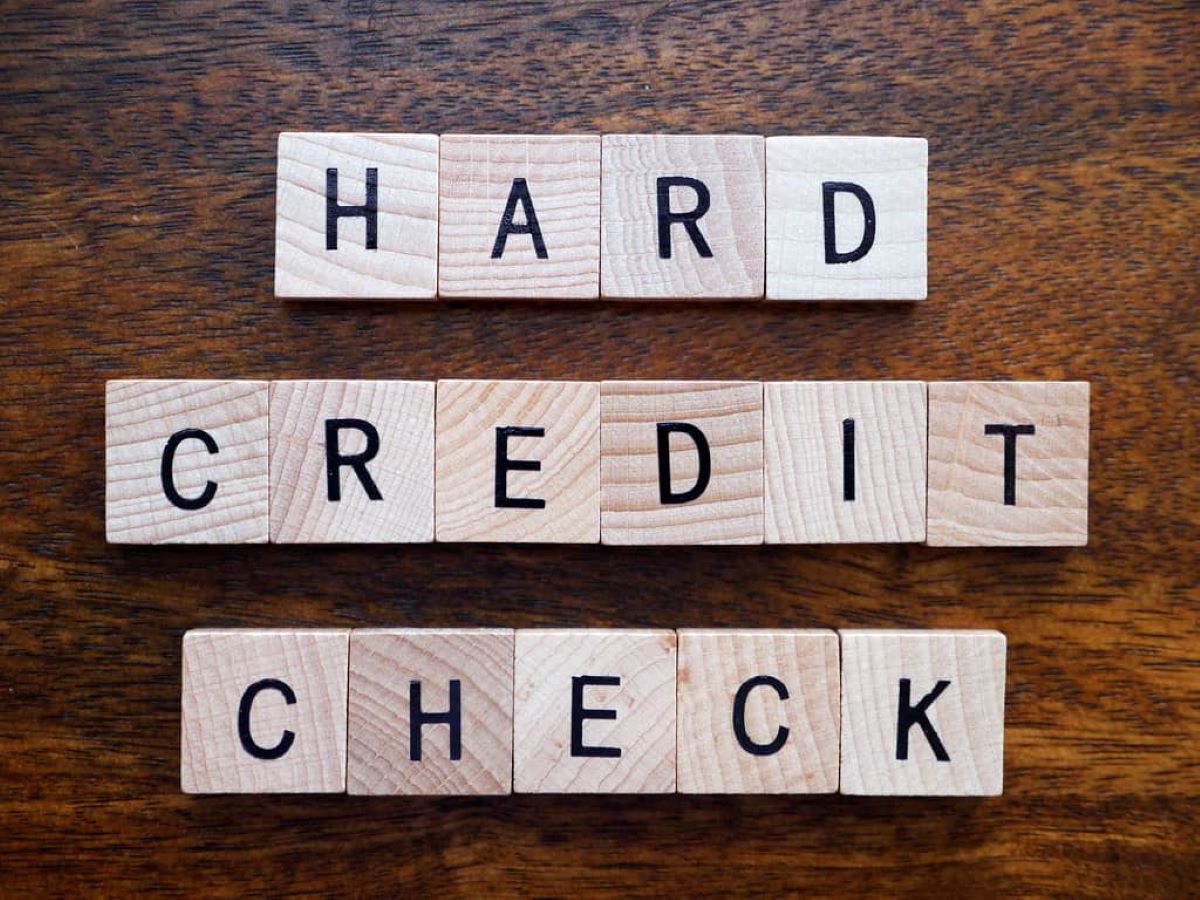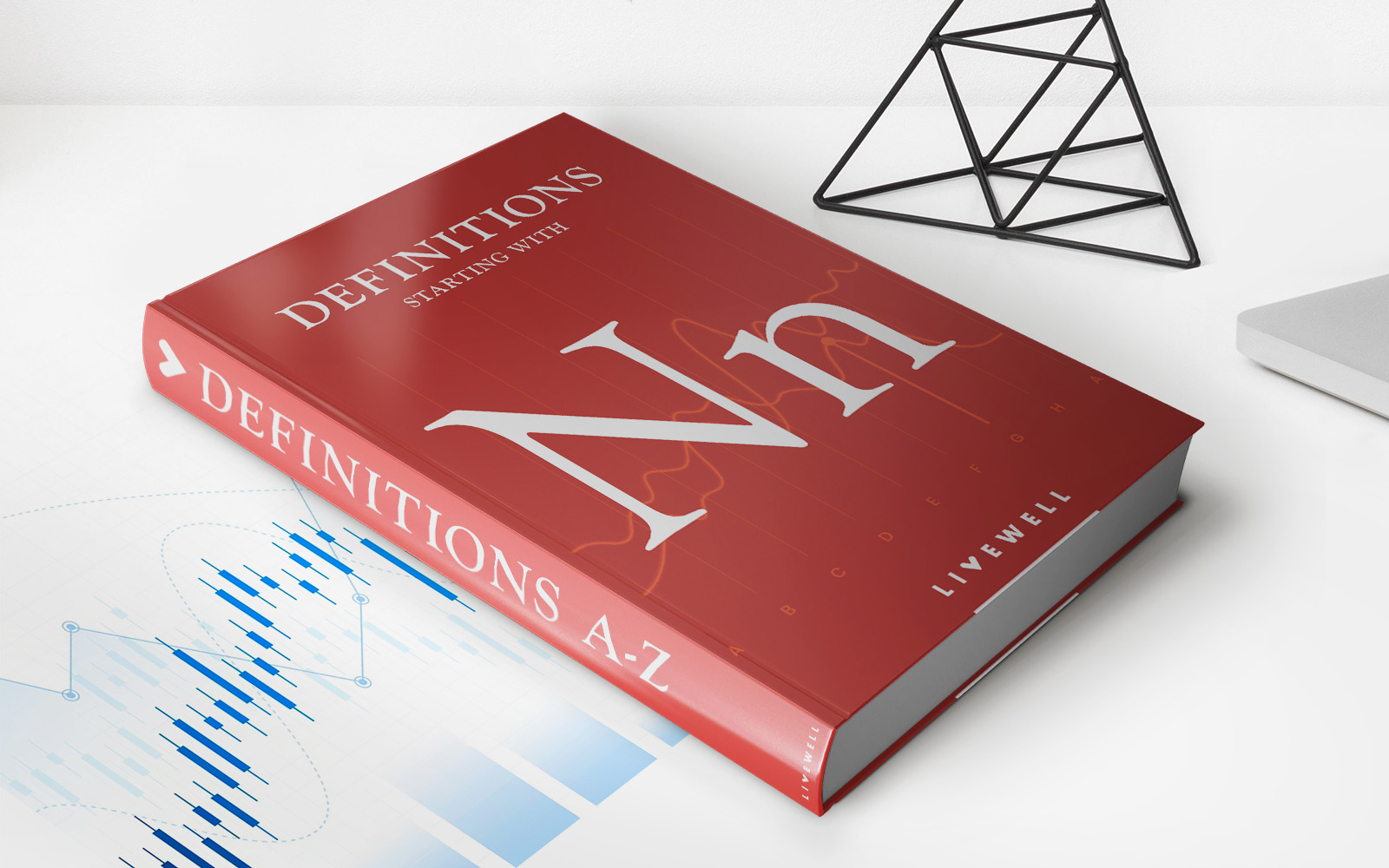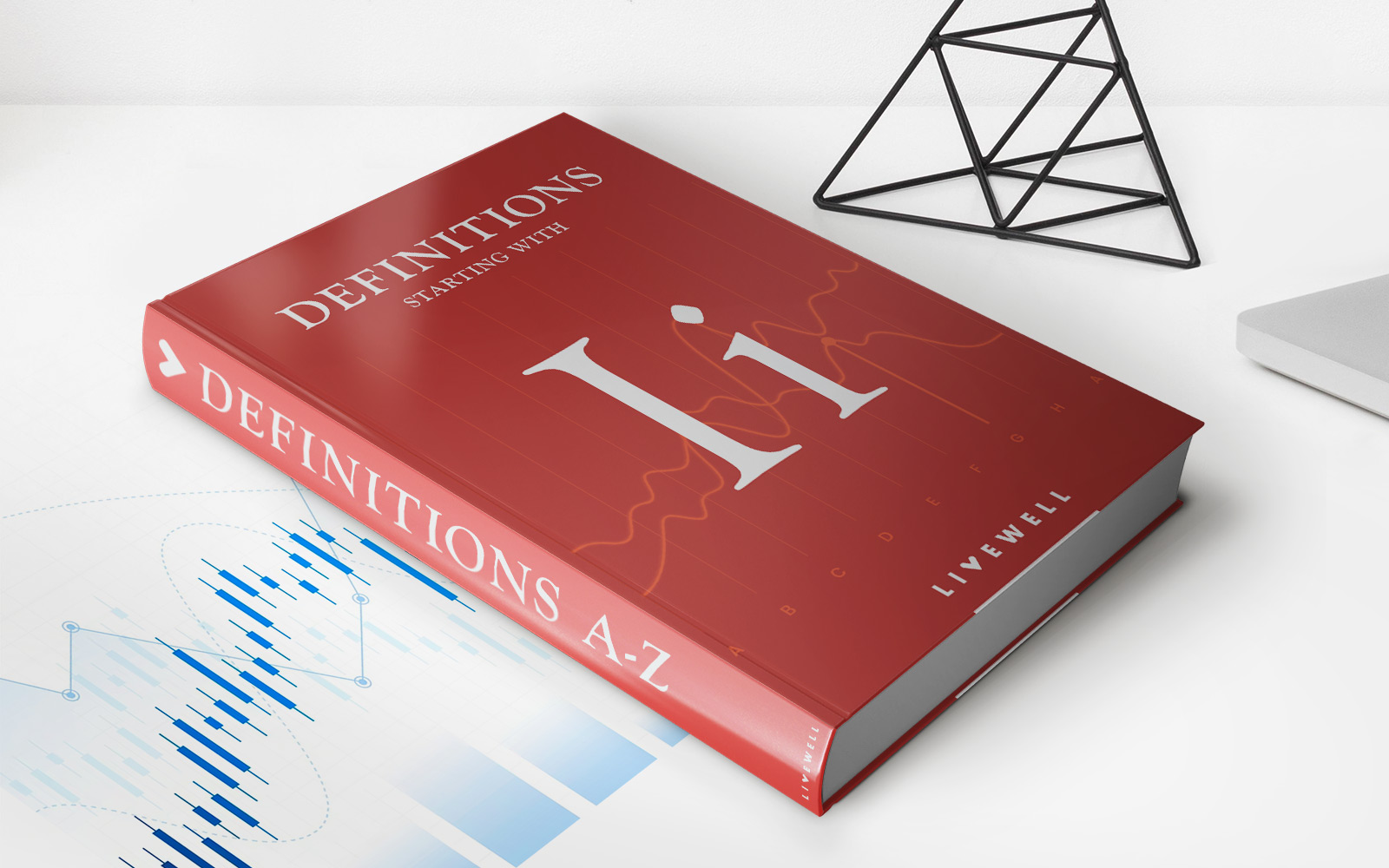Home>Finance>How Does Revolving Credit Affect My Credit Score


Finance
How Does Revolving Credit Affect My Credit Score
Published: February 29, 2024
Learn how revolving credit impacts your credit score and financial health. Understand the implications of managing revolving credit wisely. Gain insights and tips on finance and credit management.
(Many of the links in this article redirect to a specific reviewed product. Your purchase of these products through affiliate links helps to generate commission for LiveWell, at no extra cost. Learn more)
Table of Contents
Introduction
Revolving credit is a fundamental aspect of personal finance, influencing individuals' purchasing power and creditworthiness. Understanding how revolving credit impacts credit scores is crucial for anyone seeking to manage their financial health effectively. In this article, we will delve into the intricate relationship between revolving credit and credit scores, shedding light on its various facets and implications. By exploring the effects of revolving credit on credit utilization, credit history length, credit mix, and payment history, we aim to provide comprehensive insights that empower readers to make informed financial decisions.
Credit scores play a pivotal role in determining an individual's access to credit, the interest rates they qualify for, and their overall financial well-being. As such, comprehending the impact of revolving credit on credit scores is essential for anyone striving to build and maintain a robust financial profile. Throughout this article, we will unravel the complexities of revolving credit and its influence on credit scores, equipping readers with the knowledge needed to navigate the intricate landscape of personal finance.
Join us on this enlightening journey as we uncover the nuances of revolving credit and its profound effects on credit scores. Whether you're a seasoned financial enthusiast or a newcomer to the realm of credit management, this exploration will provide valuable insights that can empower you to take control of your financial future. Let's embark on this illuminating expedition into the realm of revolving credit and its impact on credit scores.
What is Revolving Credit?
Revolving credit represents a type of credit arrangement that allows individuals to borrow funds up to a predetermined credit limit. Unlike installment credit, which involves borrowing a specific amount and repaying it in fixed installments over a defined period, revolving credit provides flexibility in borrowing and repaying. Common examples of revolving credit include credit cards and lines of credit.
When utilizing revolving credit, borrowers have the freedom to repeatedly borrow and repay funds within the approved credit limit. As the outstanding balance is repaid, the available credit is replenished, enabling borrowers to utilize the funds again as needed. This revolving nature distinguishes it from other forms of credit, offering a dynamic and adaptable borrowing framework.
Revolving credit often involves variable interest rates, meaning that the cost of borrowing can fluctuate based on market conditions and the individual’s creditworthiness. Additionally, minimum monthly payments are typically required, providing borrowers with the option to carry a balance from one month to the next, albeit incurring interest charges on the outstanding amount.
Furthermore, revolving credit grants individuals the flexibility to manage their finances according to their needs, offering a convenient and accessible source of funds for various expenses. Whether used for everyday purchases, emergency expenses, or larger investments, revolving credit empowers individuals to navigate financial challenges and opportunities with agility.
Understanding the nature of revolving credit is paramount for individuals aiming to leverage this financial tool effectively. By comprehending its dynamics, terms, and implications, borrowers can make informed decisions regarding their borrowing habits, repayment strategies, and overall financial management.
How Does Revolving Credit Impact Credit Utilization?
One of the key factors influencing credit scores is credit utilization, which refers to the ratio of the amount of credit being used to the total credit available. In the context of revolving credit, credit utilization plays a pivotal role in determining an individual’s creditworthiness and overall credit score. As such, understanding the impact of revolving credit on credit utilization is essential for managing one’s financial health.
When individuals utilize a high percentage of their available revolving credit, it can adversely affect their credit scores. High credit utilization suggests a heightened reliance on borrowed funds, potentially signaling financial strain or an increased risk of default. As a result, lenders and credit bureaus may interpret high credit utilization as a red flag, potentially leading to a lower credit score.
Conversely, maintaining a low credit utilization ratio demonstrates responsible credit management and financial prudence. By using a smaller portion of their available revolving credit, individuals can signal to lenders that they are effectively managing their finances and are at a lower risk of default. This, in turn, can positively impact their credit scores, enhancing their creditworthiness and access to favorable lending terms.
Furthermore, actively managing credit utilization by keeping balances low relative to credit limits can contribute to a healthier financial profile. Regularly monitoring and adjusting credit utilization to maintain an optimal ratio can help individuals bolster their credit scores and improve their overall financial standing.
In essence, the impact of revolving credit on credit utilization underscores the significance of prudent borrowing and conscientious management of available credit. By maintaining a low credit utilization ratio and demonstrating responsible credit usage, individuals can enhance their creditworthiness and pave the way for improved financial opportunities.
How Does Revolving Credit Affect Credit History Length?
The length of an individual’s credit history is a crucial component in determining their credit score. It encompasses the duration for which credit accounts have been active and reflects the individual’s experience in managing credit over time. When examining the impact of revolving credit on credit history length, several key considerations come to the forefront.
Revolving credit accounts, such as credit cards, contribute to the overall length of an individual’s credit history. As these accounts remain open and active, they play a significant role in shaping the length of the credit history. The duration for which revolving credit accounts have been established can have a substantial impact on the overall credit history length.
Individuals with longstanding revolving credit accounts demonstrate a proven track record of managing credit over an extended period. This extended credit history can positively influence their credit scores, signaling to lenders and credit bureaus that they have a wealth of experience in responsibly handling credit obligations. As a result, a longer credit history, bolstered by established revolving credit accounts, can contribute to a more favorable credit assessment.
Conversely, the closure of longstanding revolving credit accounts can diminish the overall length of an individual’s credit history. When individuals opt to close older credit card accounts, whether due to changing financial priorities or credit management strategies, it can reduce the average age of their credit accounts. This reduction in credit history length may impact their credit scores, particularly if the closed accounts were among the oldest in their credit portfolio.
Understanding the interplay between revolving credit and credit history length is essential for individuals seeking to optimize their credit scores. By maintaining longstanding revolving credit accounts and managing them responsibly, individuals can contribute to a robust credit history that reflects their creditworthiness and financial prudence over time.
The Impact of Revolving Credit on Credit Mix
Credit mix, a component of credit scoring models, refers to the variety of credit accounts held by an individual, such as revolving credit and installment loans. A diverse credit mix can have a positive impact on credit scores, showcasing an individual’s ability to manage different types of credit responsibly. When examining the impact of revolving credit on credit mix, several important considerations come to light.
Revolving credit accounts, including credit cards and lines of credit, contribute to the overall credit mix within an individual’s financial portfolio. These accounts represent a form of open-ended credit that allows for flexibility in borrowing and repayment. When managed prudently, revolving credit can complement other types of credit, such as installment loans, and contribute to a well-rounded credit mix.
Having a healthy mix of credit types, including revolving credit, can demonstrate to lenders and credit bureaus that an individual can effectively handle various credit obligations. This diversity in credit accounts reflects a balanced approach to credit management and can positively impact credit scores, signaling a lower risk to potential creditors.
Conversely, an overreliance on revolving credit to the exclusion of other credit types may lead to a less diverse credit mix. This imbalance could potentially impact credit scores, as an excessively skewed credit mix may raise concerns about the individual’s ability to manage different credit obligations effectively.
Recognizing the influence of revolving credit on credit mix underscores the importance of maintaining a balanced and varied credit portfolio. By incorporating revolving credit alongside other credit types and managing each responsibly, individuals can contribute to a diverse credit mix that showcases their adeptness at handling different forms of credit.
How Does Revolving Credit Affect Payment History?
Payment history stands as a critical component of credit scoring, reflecting an individual’s track record of making timely payments on credit accounts. When exploring the impact of revolving credit on payment history, several essential factors come into play, shaping the narrative of an individual’s creditworthiness.
Revolving credit accounts, particularly credit cards, offer individuals the opportunity to showcase their payment history through regular monthly payments. By consistently making on-time payments on their revolving credit accounts, individuals can establish a positive payment history, signaling their reliability in meeting financial obligations.
Conversely, late or missed payments on revolving credit accounts can have detrimental effects on an individual’s payment history and credit scores. Payment delinquencies, even on small revolving credit balances, can trigger negative marks on credit reports and potentially lead to a decline in credit scores. This underscores the importance of diligently managing payments across all credit accounts, including revolving credit, to maintain a pristine payment history.
Furthermore, the utilization of revolving credit can influence an individual’s ability to manage their payment history effectively. Carrying high balances on revolving credit accounts can strain financial resources, potentially impacting the individual’s capacity to make timely payments on all credit obligations. Prudent management of revolving credit balances is crucial in preserving a positive payment history and safeguarding credit scores.
Understanding the interplay between revolving credit and payment history underscores the significance of conscientious payment management. By consistently making on-time payments on revolving credit accounts and effectively managing credit balances, individuals can fortify their payment history, contributing to a favorable credit profile and enhanced creditworthiness.
Conclusion
Revolving credit exerts a multifaceted influence on individuals’ credit scores, shaping their creditworthiness and financial standing. Understanding the intricate relationship between revolving credit and credit scores is paramount for anyone seeking to navigate the complexities of personal finance effectively.
Throughout this exploration, we’ve uncovered the profound impact of revolving credit on various aspects of credit scoring. From its influence on credit utilization and credit history length to its role in shaping credit mix and payment history, revolving credit leaves an indelible mark on individuals’ credit profiles.
By comprehending the nuances of revolving credit and its effects on credit scores, individuals can make informed decisions regarding their borrowing habits, repayment strategies, and overall credit management. Maintaining a low credit utilization ratio, leveraging the longevity of revolving credit accounts, diversifying the credit mix, and upholding a pristine payment history are pivotal steps in fostering a robust credit profile.
As individuals navigate the realm of revolving credit, they are empowered to harness its potential as a dynamic financial tool while safeguarding their creditworthiness. By exercising prudence in managing revolving credit and its associated factors, individuals can fortify their financial foundation and pave the way for enhanced opportunities in the realm of credit and lending.
In essence, the impact of revolving credit on credit scores underscores the significance of astute financial management and conscientious credit utilization. By leveraging the insights gleaned from this exploration, individuals can embark on a journey toward financial empowerment, armed with the knowledge needed to optimize their credit profiles and secure a stable financial future.














